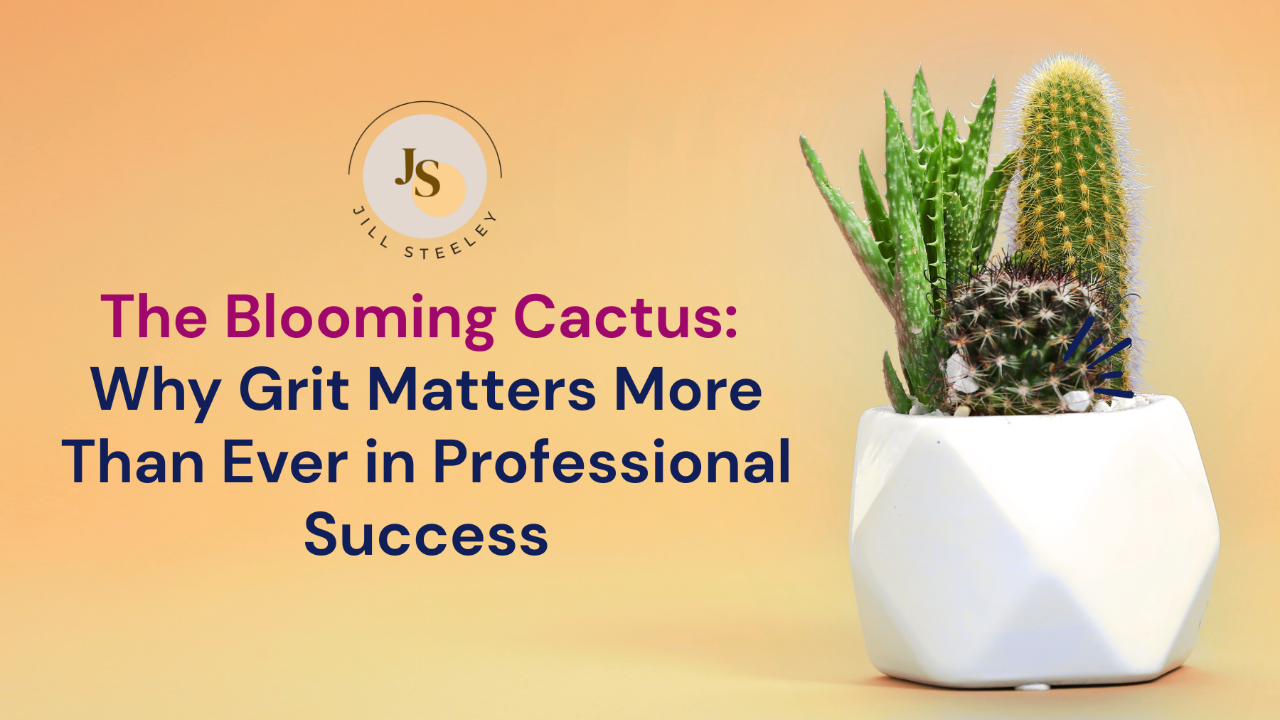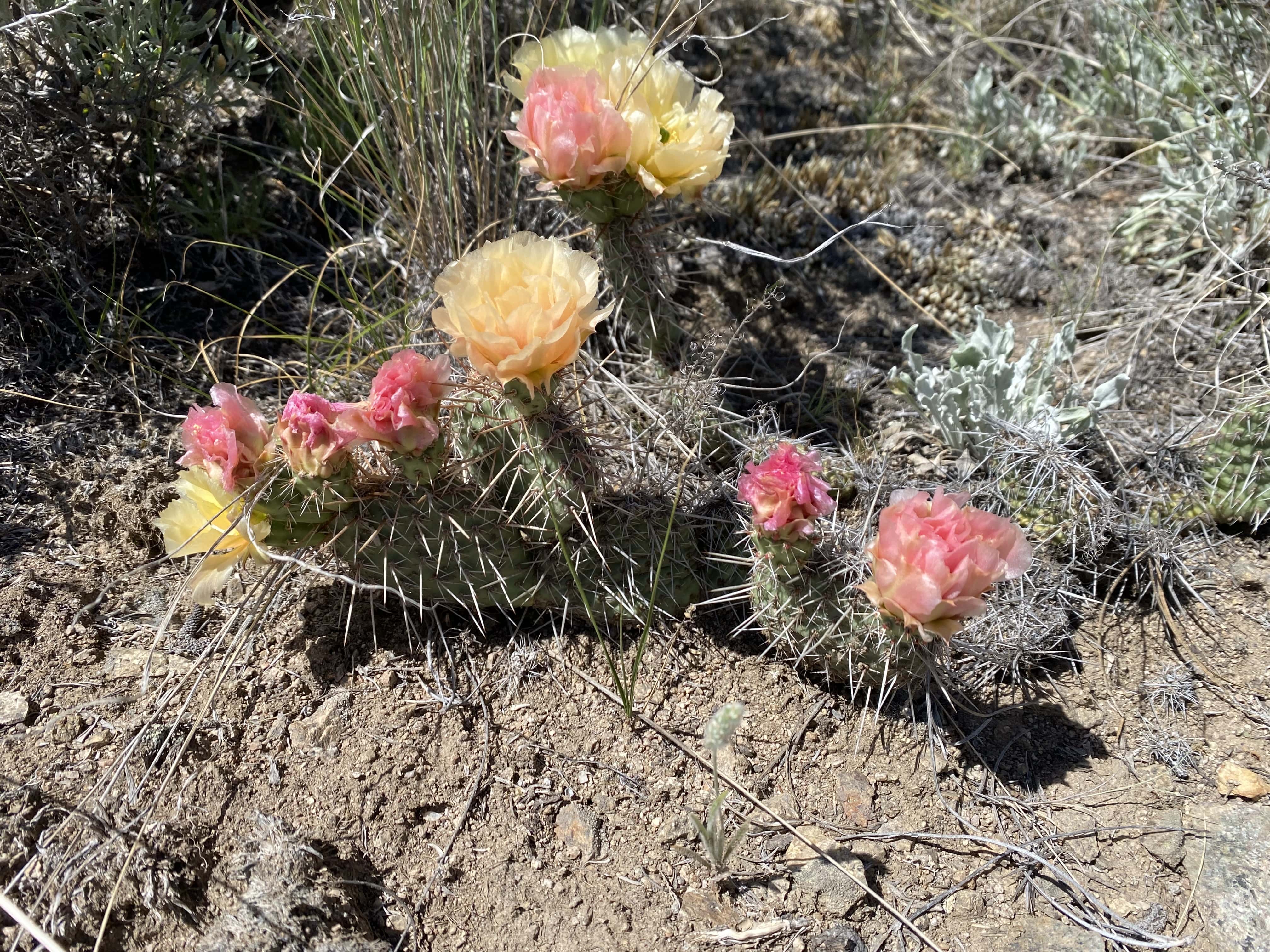
How a simple mountain hike revealed a powerful truth about perseverance in our careers
The prickly pear cacti scattered across the mountains near my home are putting on quite a show this month. Brilliant pink and yellow blooms emerge from plants that have weathered wind, unseasonable snow, and the kind of drought conditions that would wither most vegetation.

Staring at one particularly stunning specimen during my morning hike, a single word came to mind: grit.
What Grit Really Means
In psychology, grit represents more than just toughness. It's defined as a combination of perseverance, sustained effort, and passion directed toward long-term goals. Unlike resilience, which helps us bounce back from setbacks, grit is about maintaining direction and motivation despite obstacles, failures, and plateaus in progress.
Dr. Angela Duckworth's groundbreaking research, detailed in her book "Grit: The Power of Passion and Perseverance," reveals that this quality often trumps natural talent when it comes to achieving meaningful success. Through interviews with high achievers across various fields—from military cadets to spelling bee champions to corporate executives—she discovered that sustained effort over time creates more dramatic results than raw ability alone.
The Modern Grit Challenge
We often romanticize grit as a trait of previous generations—our grandparents who built careers through manual labor and simple determination. But today's professional landscape demands its own unique form of grit.
Consider the conditions we navigate daily:
- Information overload and constant digital distractions
- Rapidly changing industry standards and skill requirements
- Economic uncertainty and job market volatility
- Increased competition in virtually every field
- The pressure to continuously adapt and reinvent ourselves
Like that mountain cactus facing harsh weather, we're asked to bloom beautifully despite less-than-ideal circumstances.
Grit in Action: Beyond Perseverance
True professional grit involves several key components:
Deliberate Practice: Not just working hard, but working strategically on areas that challenge us and drive growth.
Purpose-Driven Passion: Maintaining enthusiasm for work that aligns with our deeper values and long-term vision.
Growth Mindset: Treating setbacks as learning opportunities rather than evidence of fixed limitations.
Strategic Patience: Understanding that meaningful achievements often require sustained effort over months or years, not quick wins.
Cultivating Your Professional Grit
The good news? Grit isn't a fixed trait. Research shows it can be developed through:
- Clarifying your long-term vision and connecting daily tasks to that bigger picture
- Developing expertise through deliberate practice in areas that matter most
- Building a support network of mentors and peers who share your commitment to growth
- Regularly reflecting on progress and adjusting strategies while maintaining core direction
The Blooming Question
As I finished my hike that morning, I couldn't help but think about the professionals I most admire. Without exception, they've all demonstrated cactus-like qualities—the ability to create something beautiful and meaningful despite challenging conditions.
The question isn't whether you'll face professional obstacles. You will. The question is whether you'll develop the grit to bloom anyway.
What's your version of the blooming cactus? Where in your career are you showing up with sustained passion and perseverance despite difficult conditions? More importantly, what long-term goal is worth developing that kind of grit for?
What book has inspired your professional development lately?
Do you want FQHC business strategy tips and other free leadership coaching advice delivered straight to your inbox every week?
Just fill out the form and click the button below to subscribe to get loads of valuable advice from me!
We hate SPAM. We will never sell your information, for any reason.



